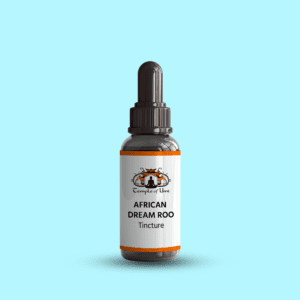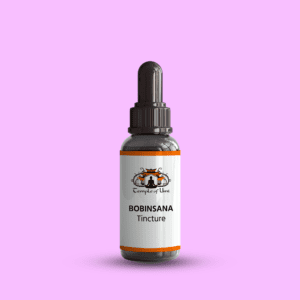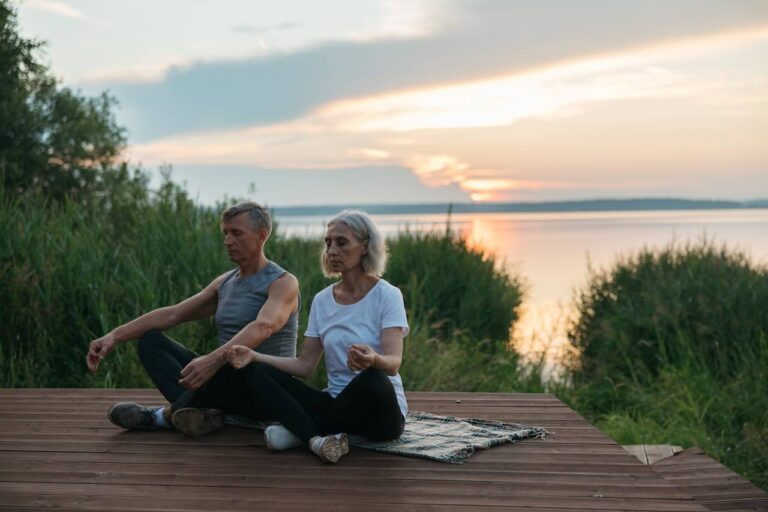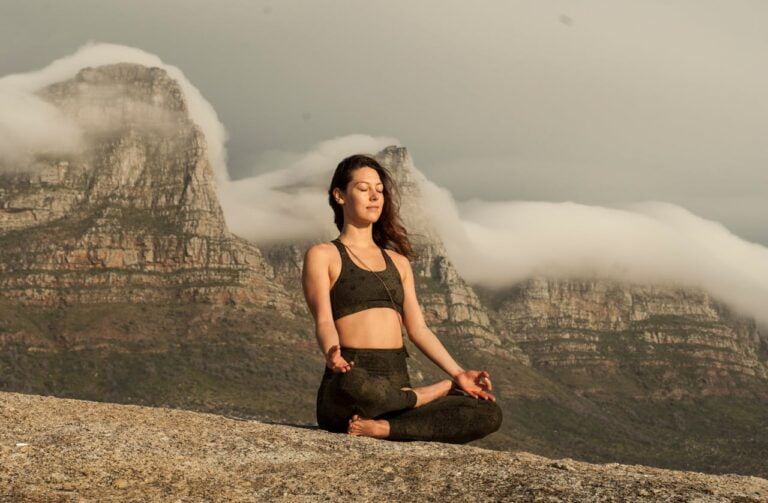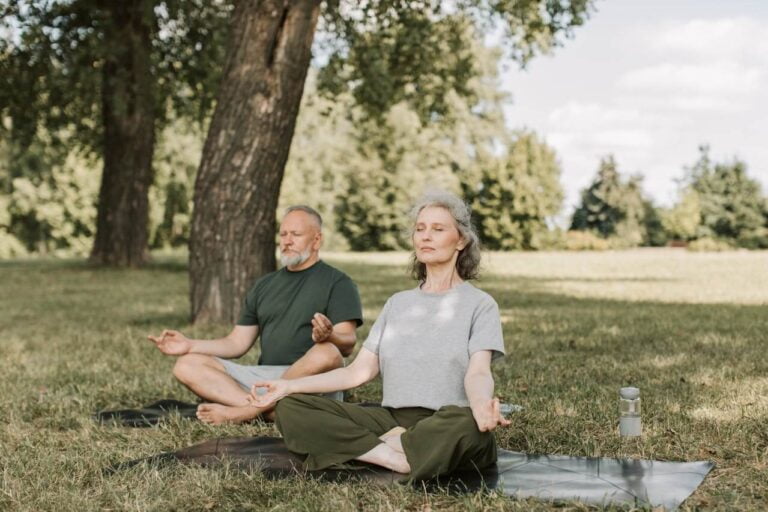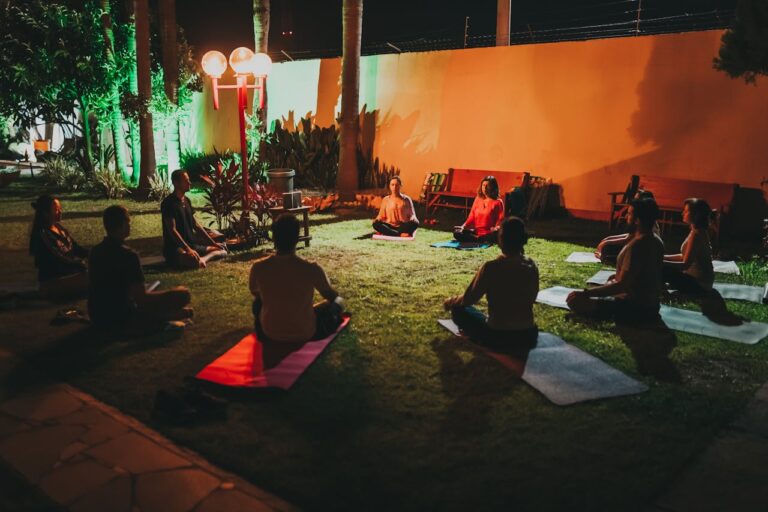The Role of Ceremony Facilitators in Spiritual Retreats
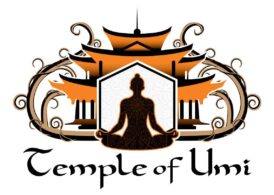
By Temple of Umi

Table of Contents
Discover the crucial role ceremony facilitators play in spiritual retreats. Learn how they guide, support, and create transformative ceremony experiences, including Ayahuasca and other sacred practices.
What Are Ceremony Facilitators and Why Are They Essential?
In spiritual retreats, ceremony facilitators are pivotal to creating a safe, nurturing, and transformative environment for participants. Whether it’s an Ayahuasca retreat, a shamanic healing ceremony, or any other spiritual practice, these facilitators serve as the anchors in the ceremony, ensuring the process is guided and supportive.
Ceremony facilitators are trained professionals, often with years of experience in the specific ceremony they guide. They are responsible for creating the appropriate energy for the space, ensuring safety, and guiding participants through the ritual or ceremony. Their role goes beyond mere leadership—they become spiritual mentors, emotional support figures, and guardians of the sacred process.
The Role of Ceremony Facilitators in Spiritual Healing
Ceremonial practices, especially those involving sacred plant medicines, can be intense, emotional, and sometimes challenging. Ceremony facilitators provide the necessary structure and safety that allow participants to fully surrender to the experience. Here’s a breakdown of their essential roles:
Creating Safe and Sacred Spaces
A key aspect of the facilitator’s role is creating a safe, sacred space for the ceremony. This environment is not just physical; it’s energetic. Facilitators work to ensure the space feels protected from negative energies, promoting an atmosphere of trust and safety.
The facilitator often sets the tone for the ceremony by explaining the intentions, offering guidance on what to expect, and ensuring everyone feels comfortable with the process. They may also perform rituals or prayers to cleanse the space further.
Guiding Participants Through the Ceremony
Ceremony facilitators are deeply knowledgeable about the spiritual practices they lead. Their understanding of sacred ceremonies, rituals, and traditions is crucial in making the experience meaningful and impactful for all involved. They lead the participants step-by-step, offering meditative instructions and guiding them through the ups and downs of the experience.
In some cases, facilitators may work with shamans or spiritual healers to facilitate plant medicine ceremonies, providing direct guidance on participants’ inner journeys. They aim to ensure the ceremony flows smoothly and everyone is supported in their processes.
Emotional Support and Counseling
Many spiritual ceremonies trigger deep emotional releases and cathartic moments. Ceremony facilitators are trained to hold space for these moments, offering emotional support to participants who may experience intense feelings or visions. They ensure that individuals feel safe expressing whatever arises, whether it’s joy, fear, grief, or awe.
Facilitators can offer gentle guidance or grounding exercises if a participant becomes overwhelmed. Their ability to support participants emotionally ensures that the ceremony remains a healing, transformative experience rather than a distressing one.
Ensuring the Physical Safety of Participants
While spiritual ceremonies often focus on emotional and mental healing, physical safety is just as important. Facilitators monitor participants to ensure they are physically comfortable and safe throughout the ceremony. This is particularly important in ceremonies involving plant medicine like Ayahuasca, where the physical effects can vary from person to person.
Facilitators are trained to recognize signs of discomfort or distress and have the knowledge to address these situations appropriately, whether through calming techniques or offering a safe exit from the ceremony.
Post-Ceremony Integration
After the ceremony, facilitators play a critical role in helping participants integrate their experiences. Spiritual experiences can sometimes disorient individuals, and facilitators offer the necessary tools and counseling to process these insights.
This post-ceremony integration is where the true healing can begin, as facilitators guide participants through understanding their experiences and applying the insights to their daily lives. This crucial step is necessary for the ceremony’s lessons to remain inaccessible. Learn more.

How Ceremony Facilitators Support Your Journey
Every retreat or spiritual experience is a journey; having a trusted ceremony facilitator by your side is a significant part of that process. Here’s how they support your personal growth and healing:
Fostering Deep Introspection
A good ceremony facilitator understands that the ceremony isn’t about performing rituals for show—it’s about fostering deep self-reflection and introspection. They encourage participants to look inward, helping them explore areas of their lives that might need healing, growth, or transformation.
Facilitators often use guided meditations, focused intentions, and exercises that allow participants to connect deeply with their emotions and thoughts, an essential part of any spiritual retreat.
Personalized Guidance and Care
One of the unique aspects of working with ceremony facilitators is their ability to offer personalized care. They can adjust the experience based on an individual’s needs, providing extra emotional support or offering specific tools for a more profound journey.
This personalized approach ensures that each participant’s experience is aligned with their personal goals and spiritual aspirations, making the retreat more impactful.
Encouraging Connection to Spirit
Many retreats focus on connecting to something more significant than the self, whether it’s a higher power, the universe, or the natural world. Ceremony facilitators help guide participants into that connection through prayer, meditation, rituals, and other spiritual practices. Facilitators assist in opening participants to receive divine guidance, wisdom, and healing.
The Difference Between Ceremony Facilitators and Other Spiritual Leaders
While other spiritual leaders, such as shamans, priests, or yoga instructors, play essential roles in the spiritual journey, ceremony facilitators have a specialized function. Their primary focus is creating and maintaining the ceremony’s structure, ensuring participants are supported in their experiences, and guiding them through the entire process, from preparation to post-ceremony integration.
Ceremony facilitators are typically skilled in multiple aspects of spiritual guidance, including meditation, breathwork, energy healing, and sometimes even counseling. They are versatile professionals who balance wisdom and compassion in each ceremony, helping create a nurturing environment that promotes healing and self-discovery.
How to Choose the Right Ceremony Facilitator
Choosing the right ceremony facilitator ensures a positive and transformative retreat experience. Here are some tips for selecting a facilitator who is aligned with your needs:
Experience and Qualifications
Look for facilitators with adequate training and experience in the type of ceremony you are attending. Whether trained in shamanic healing, plant medicine ceremonies, or other forms of spiritual guidance, they ensure they have a solid understanding of the practices they lead.
Comfort and Trust
It is essential to feel comfortable and trusting in your facilitator. They should be approachable, compassionate, and someone you feel safe confiding in, especially when dealing with profound, emotional experiences.
Recommendations and Reviews
See recommendations from others who have attended retreats with the facilitator or look for reviews online. Hearing about others’ experiences can give you an insight into the facilitator’s ability to create a supportive, healing environment.
Philosophy and Approach
Ensure that the facilitator’s philosophy aligns with your spiritual beliefs and intentions. Different facilitators may have different approaches, so it is essential to find one whose approach resonates with your ceremony goals. Learn more.
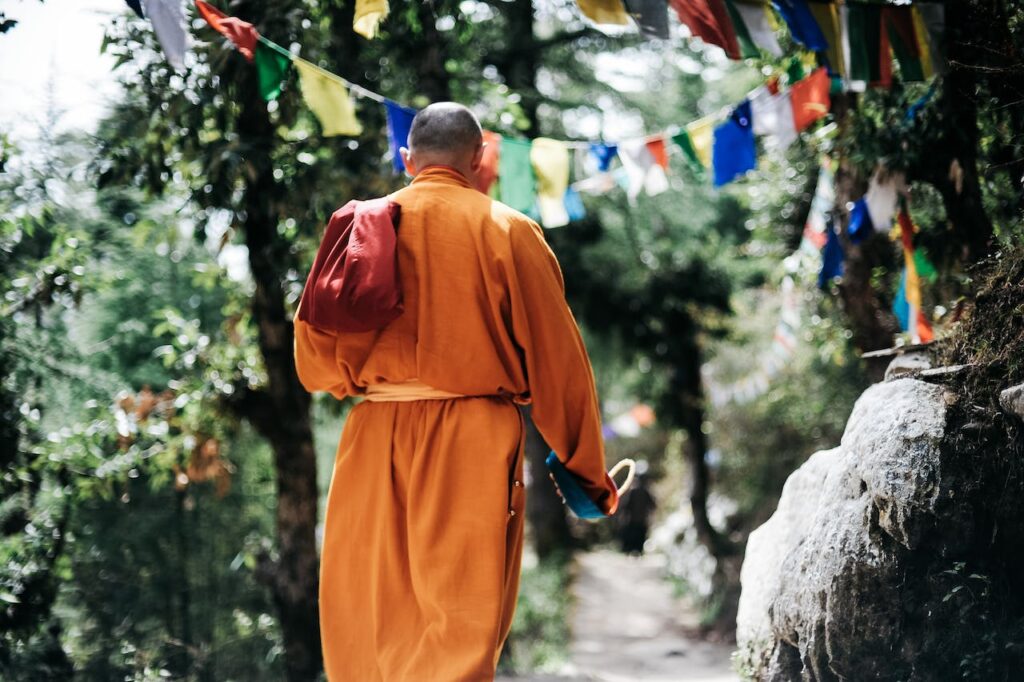
Determination
Ceremony facilitators are vital in ensuring that spiritual retreats are safe and profoundly transformative experiences. From creating sacred spaces to providing emotional support and personalized care, these professionals guide participants through powerful spiritual journeys that can lead to profound healing and self-discovery. By choosing the right facilitator, you ensure that your retreat experience will be both meaningful and impactful.
Useful links
- What is Sacred Plant Medicine?
- Embark on a Journey of Transformation with Spiritual Healing
- Unveiling Healing Energy at the Temple of Umi
- 10 Energy Healing Techniques to Transform Your Life
- Where to get Sacred Plant Medicine Retreat in the USA
- Top Plant medicine retreats in the USA. Learn more.
- Cost of Plant Medicine Retreat: Balancing Cost and Experience. Learn more.
- What is trauma bonding?
- A Journey into the Healing Properties of Psychedelic Mushrooms. Learn more.
- Plant Medicine Retreat Georgia – Experience Spiritual Awakening
- Spiritual Retreats Georgia
- Shaman in America Exploration
- Shamanism – Shamanic healing
- Shaman Healing Guide
- Plant Medicine ceremonies near you in the USA
- Plant Medicine Experience
- DMT Journey, Benefits, and Side Effects
- Iowaska – What is it?
- Plant medicine retreats in Georgia
- Why massage is beneficial, according to a cardiologist.
- Are mushrooms truffles – What Is a Truffle?
- 11 Best Plant Medicine Retreats in the USA for Spiritual Healing
- What is Rapé?
- What is a Tincture?
- 5 Plant Medicine Retreats in California Worth Exploring
- Mcdonough Plant Medicine retreat
- Conley Plant Medicine retreat
- Whitesburg Plant Medicine retreat
- Sacred Plant Medicine Retreats in Georgia
- 5 Ayahuasca Retreats in California Worth Exploring
- 7 Best Aya Retreats in America. Click here.
- Mcdonough Ayahuasca retreat
- Conley Ayahuasca retreat
- Whitesburg Ayahuasca retreat
- Brooks Ayahuasca retreat
- Gay Ayahuasca retreat
- Williamson Ayahuasca retreat
- Orchard Hill Ayahuasca retreat
- Glenn Ayahuasca retreat
- Luthersville Ayahuasca retreat
- Shady Dale Ayahuasca retreat
- Bowdon Junction Ayahuasca retreat
- Sargent Ayahuasca retreat
- Greenville Ayahuasca retreat
- Lovejoy Ayahuasca retreat
- Winston Ayahuasca retreat
- Rutledge Ayahuasca retreat
- Moreland Ayahuasca retreat
- Molena Ayahuasca retreat
- Lebanon Ayahuasca retreat
- Good Hope Ayahuasca retreat
- Haralson Ayahuasca retreat
- An Inclusive List of Psychedelic Quotes
- Mount Ayahuasca retreat
- Grantville Ayahuasca retreat
- Pine Lake Retreat near
- Rydal Ayahuasca retreat
- Porterdale Ayahuasca retreat
- Waco Ayahuasca retreat
- Temple Ayahuasca retreat
- Bethlehem Ayahuasca retreat
- Jenkinsburg Ayahuasca retreat
- Adairsville Ayahuasca retreat
- Red Oak Ayahuasca retreat
- Woodbury Ayahuasca retreat
- Cassville Ayahuasca retreat
- Redan Ayahuasca retreat
- North Decatur Ayahuasca retreat
- Grantville Ayahuasca retreat
- Hillsboro Ayahuasca retreat
- Jackson Ayahuasca retreat
- Braselton Ayahuasca retreat
- Zebulon Ayahuasca retreat
- Flovilla Ayahuasca retreat
- Auburn Ayahuasca retreat
- Warm Springs Ayahuasca retreat
- Scottdale Ayahuasca retreat
- Lithia Springs Ayahuasca retreat
- Villa Rica Ayahuasca retreat
- Grayson Ayahuasca retreat
- Sunny Side Ayahuasca retreat
- Senoia Ayahuasca retreat
- Locust Grove Ayahuasca retreat
- Chamblee Ayahuasca retreat
- Fairburn Ayahuasca retreat
- Snellville Ayahuasca retreat
- Monticello Ayahuasca retreat
- Union City Ayahuasca retreat
- Tallapoosa Ayahuasca retreat
- Bremen Ayahuasca retreat
- Hampton Ayahuasca retreat
- Monroe Ayahuasca retreat
- Marble Hill Ayahuasca retreat
- Madison Ayahuasca retreat
- Dawsonville Ayahuasca retreat
- Felton Ayahuasca retreat
- Concord Ayahuasca retreat
- Mansfield Ayahuasca retreat
- Taylorsville Ayahuasca retreat
- Roopville Ayahuasca retreat
- Turin Ayahuasca retreat
- Franklin Ayahuasca retreat
- Clarkdale Ayahuasca retreat
- Talking Rock Ayahuasca retreat
- Jersey Ayahuasca retreat
- Kingston Ayahuasca retreat
- Bostwick Ayahuasca retreat
- North Metro Ayahuasca retreat
- Meansville Ayahuasca retreat
- Social Circle Ayahuasca retreat
- White Ayahuasca retreat
- Rhode Island Ayahuasca retreat
- Maryland Ayahuasca retreat
- Delaware Ayahuasca retreat
- New Jersey Ayahuasca retreat
- Connecticut Ayahuasca retreat
- Massachusetts Ayahuasca retreat
- Hampshire Ayahuasca retreat
- Pennsylvania Ayahuasca retreat
- New York Ayahuasca retreat
- Florida Ayahuasca retreat
- South Carolina Ayahuasca Retreat
- North Carolina Ayahuasca Retreat
- West West Virginia Ayahuasca retreat
- Virginia Ayahuasca retreat
- Ohio Ayahuasca retreat
- Alabama Ayahuasca retreat
- Mississippi Ayahuasca retreat
- Tennessee Ayahuasca retreat
- Kentucky Ayahuasca retreat
- IndianaAyahuasca retreat
- ILLINOIS Ayahuasca retreat
- Missouri Ayahuasca retreat
- Arkansas Ayahuasca retreat
- Louisiana Ayahuasca retreat
- Texas Ayahuasca retreat
- Oklahoma Ayahuasca retreat
- KansasAyahuasca retreat
- Ayahuasca retreats near me in Experiment.
- A wellness retreat in Georgia
- What is Ayahuasca?
- Embark on a Journey of Transformation with Spiritual Healing
- Unveiling Healing Energy at the Temple of Umi
- 10 Energy Healing Techniques to Transform Your Life
- Where to get Ayahuasca in the USA
- Top Ayahuasca retreats in the USA. Learn more.
- Cost of Ayahuasca Retreat: Balancing Cost and Experience. Learn more.
- What is trauma bonding?
- A Journey into the Healing Properties of Psychedelic Mushrooms. Learn more.
- Ayahuasca Retreat Georgia – Experience Spiritual Awakening
- Spiritual Retreats Georgia
- Shaman in America Exploration
- Shamanism – Shamanic healing
- Shaman Healing Guide
- Ayahuasca ceremonies Ayahuasca ceremonies near you in the USA
- Ayahuasca Experience
- DMT Journey, Benefits, and Side Effects
- Iowaska – What is it?
- Plant medicine retreats in Georgia
- Why massage is beneficial, according to a cardiologist.
- Are mushrooms truffles – What Is a Truffle?
- 11 Best Ayahuasca Retreats in the USA for Spiritual Healing
- What is Rapé?
- What is a Tincture?
- Where to find Ayahuasca near me
- Healing retreats USA
- Best Retreats USA

